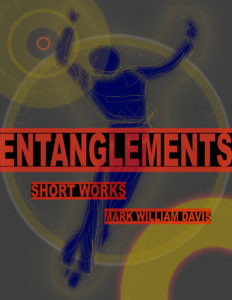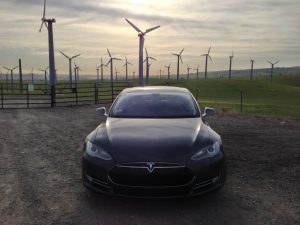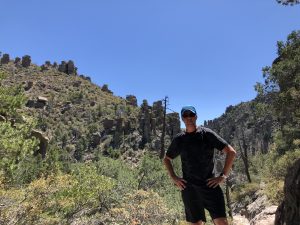The American zeitgeist is obsessed with decline and a curious sense of ennui. On the progressive left there is the rolling mortal threat of inequality and the destruction of the middle class. Wages don’t keep up with inflation or, more broadly, the cost of living. On the new MAGA right there is an unfocused rage that builds in part on the angst of hollowed-out rural and post-industrial communities, and then in part on undocumented immigrants as scapegoats and symbolic of lefty lawlessness, and again in part as a tirade against wealthy, coastal elites who control the media, universities, and have pushed the Overton window in incremental lurches towards inclusiveness. The populism is mostly half-baked, certainly, and exploited by cynical conservatives for undermining social support while bolstering commercial interests and reducing taxes for the well-to-do. But half-baked is enough for a sensibility; things fully realized are only afterthoughts.
There are other chthonic rumblings and imputations that filter up. The rise of China’s industrial, military, and scientific power is a growing shadow that some see threatening to engulf the world in its umbra. And with it comes the fear of slowing technological might, despite the domination of the recent technological present by the United States. We might be left behind like unhoused, opioid-addicted, modern peasants. The crumbling of the cities would be just punishment even if their loss only cascades the problems of the heartland.
And so as the future keeps getting harder, we turn to mad kings who promise radical change in the face of hard problems. The change can’t possibly be realized, so it is better to just pretend that there are solutions. Annex Greenland, rename the Gulf of Mexico, incorporate Canada, occupy Panama, reach for Mars, acquire territory, but all the while cocooned by the complex institutional and international realities that mean that acting aggressively and alone is now untenable.… Read the rest










